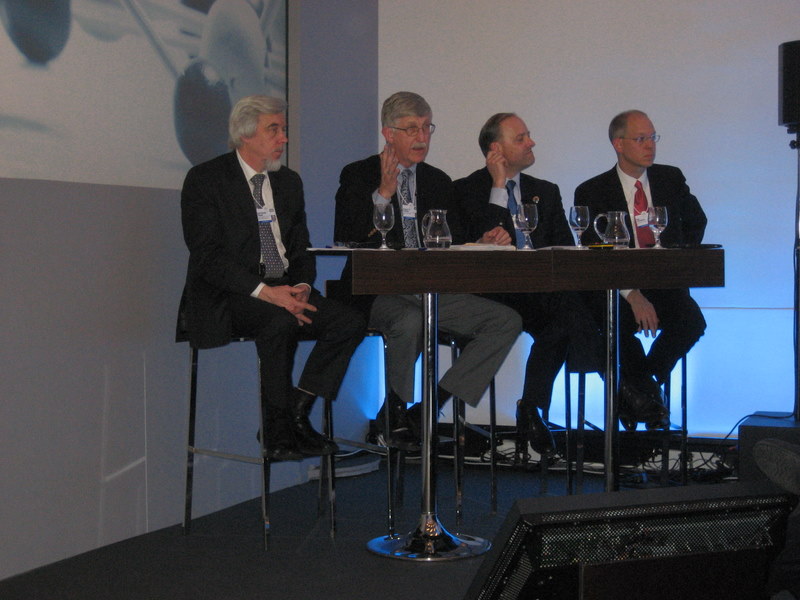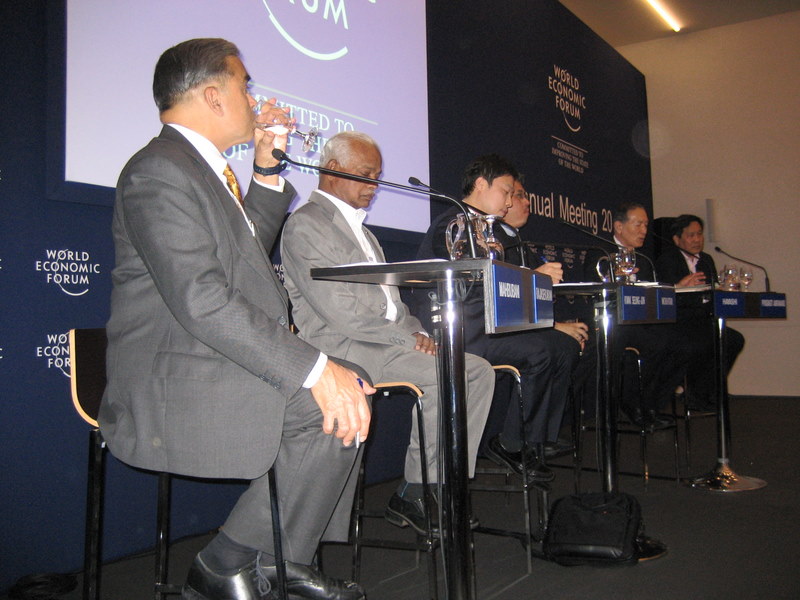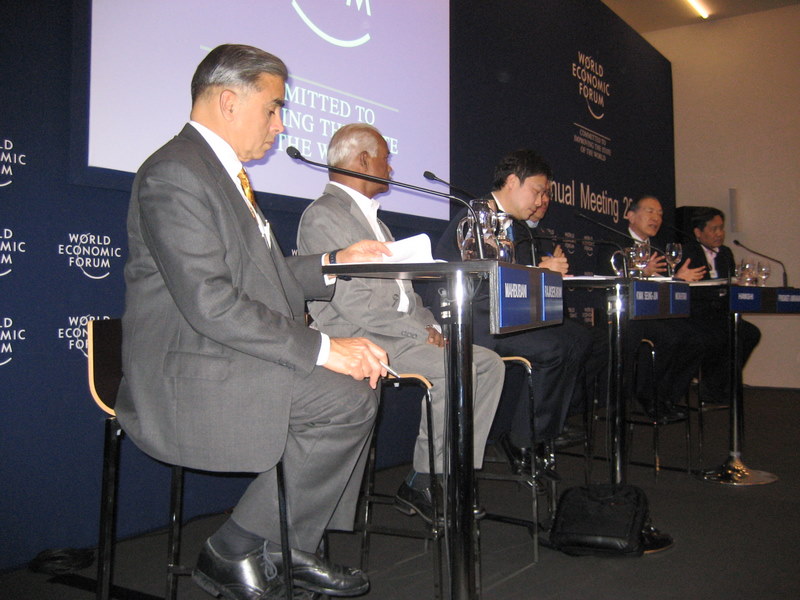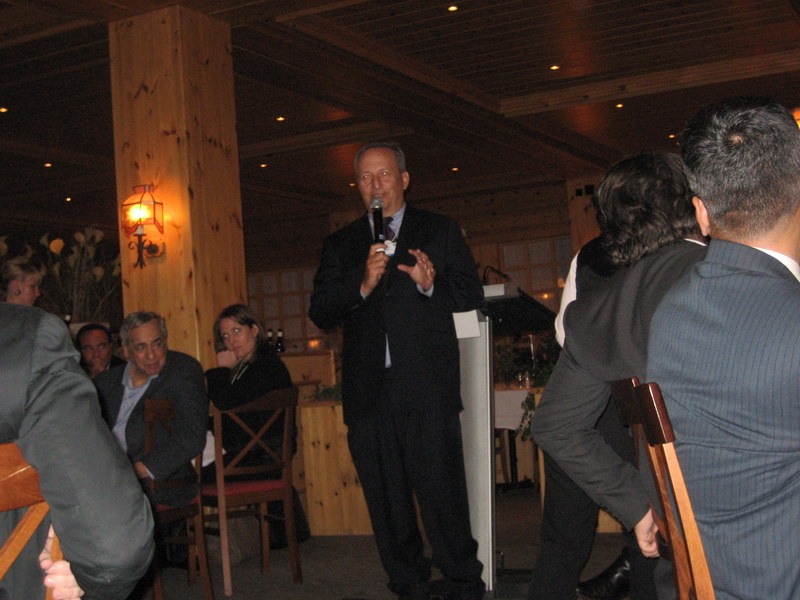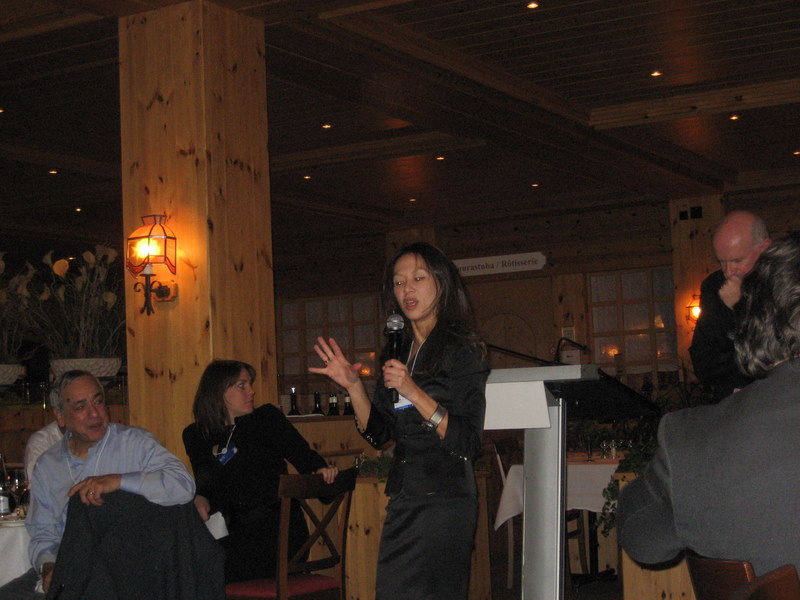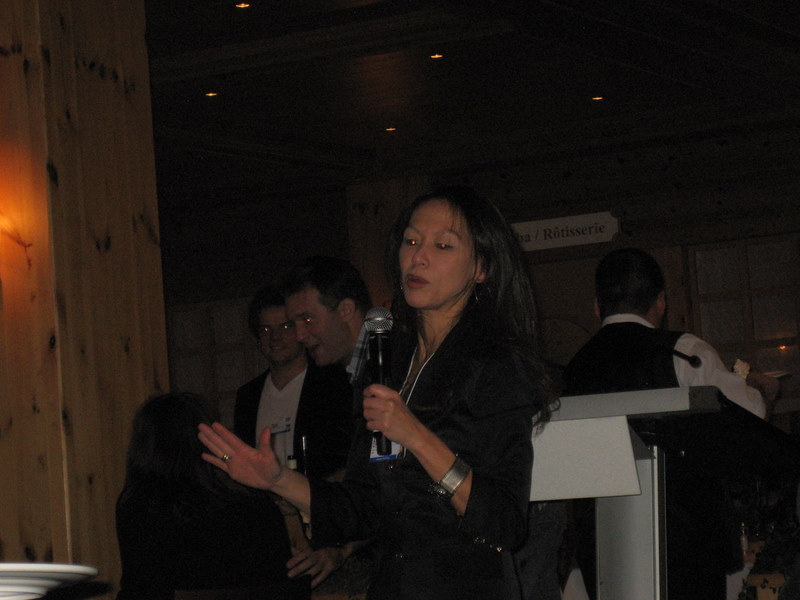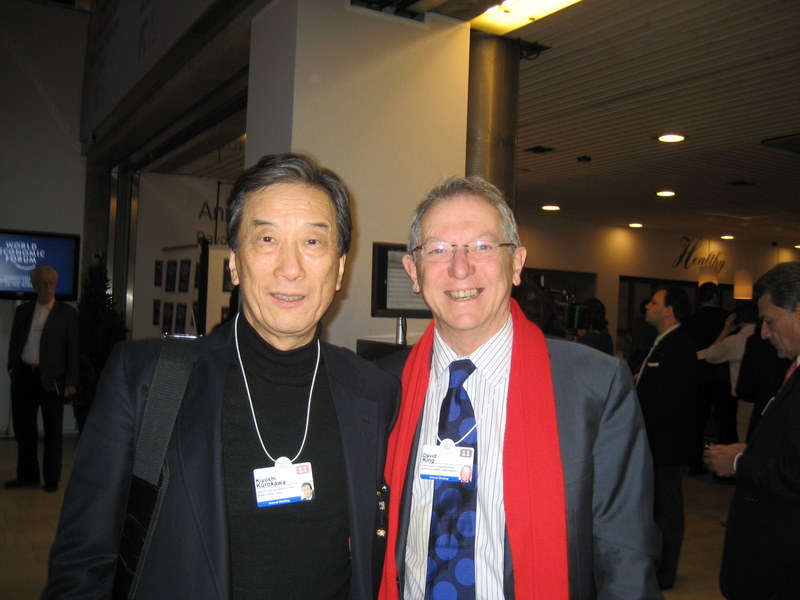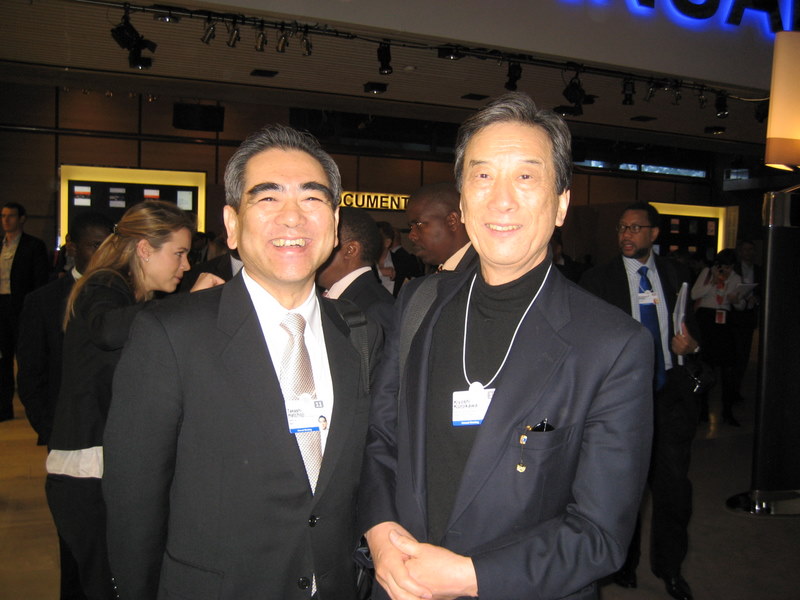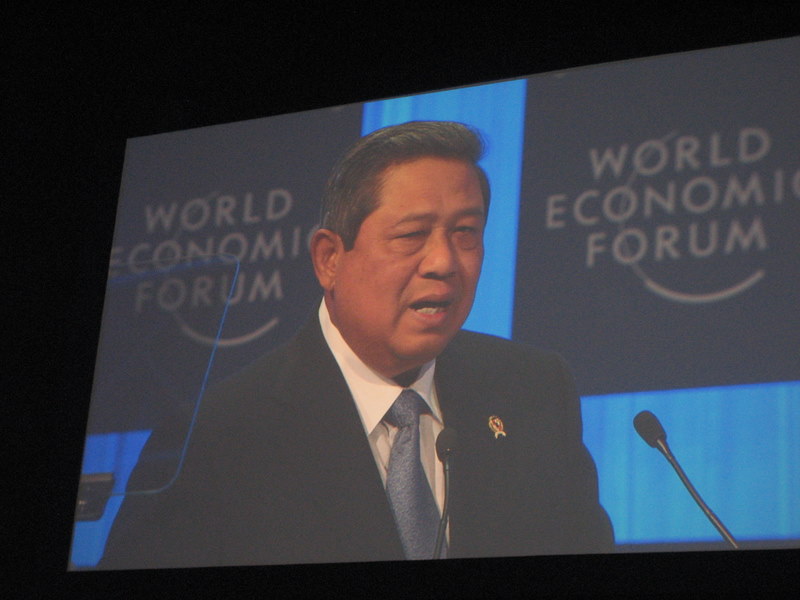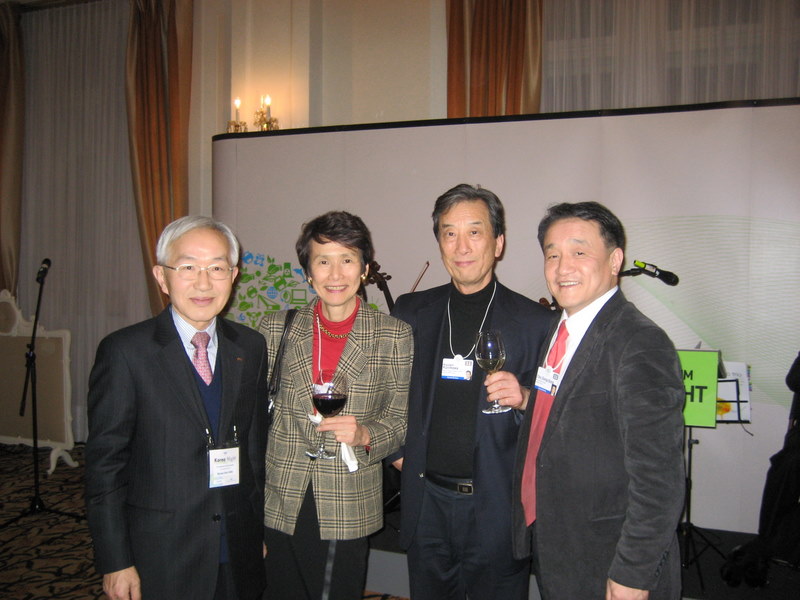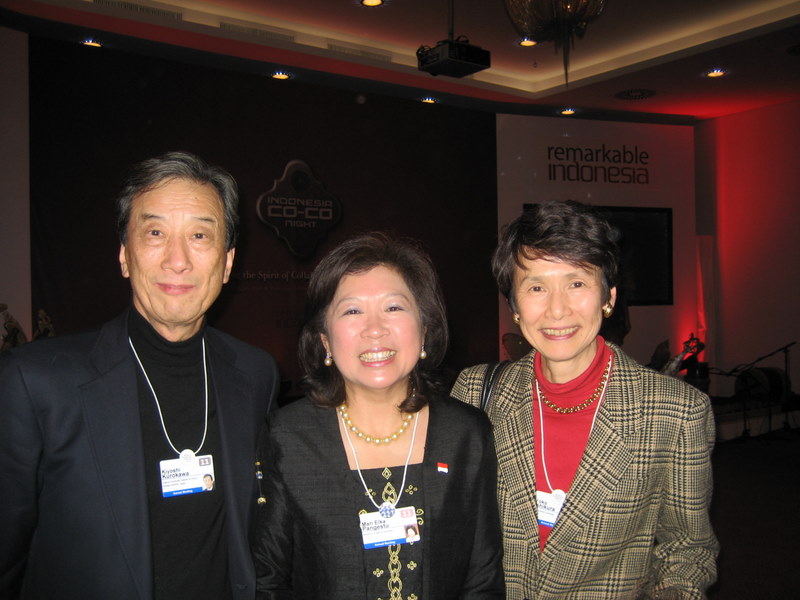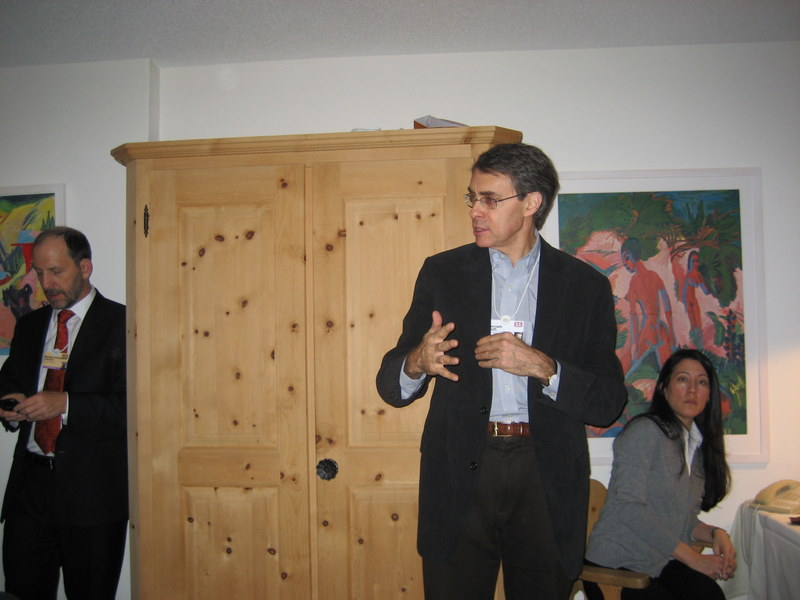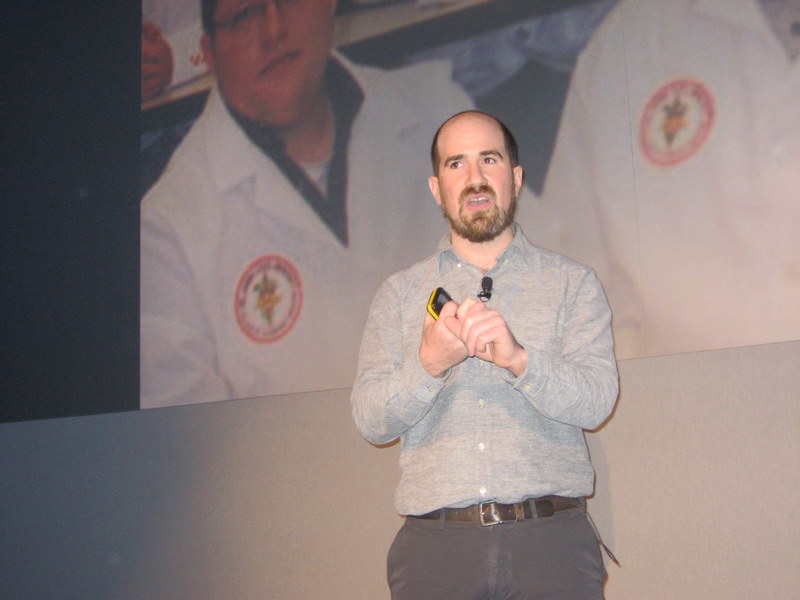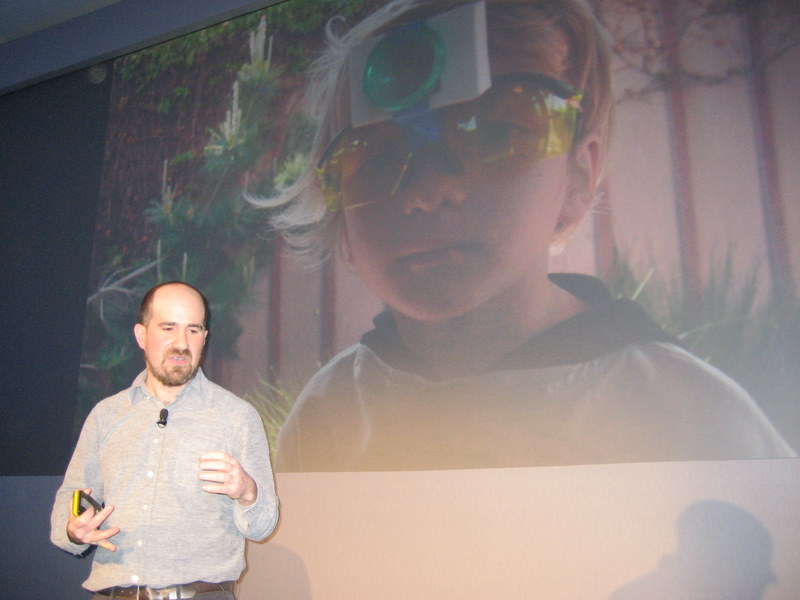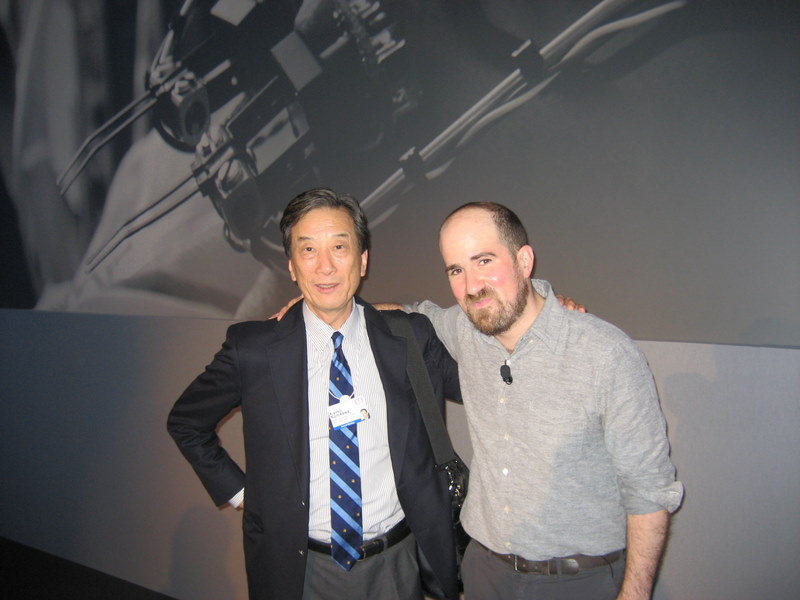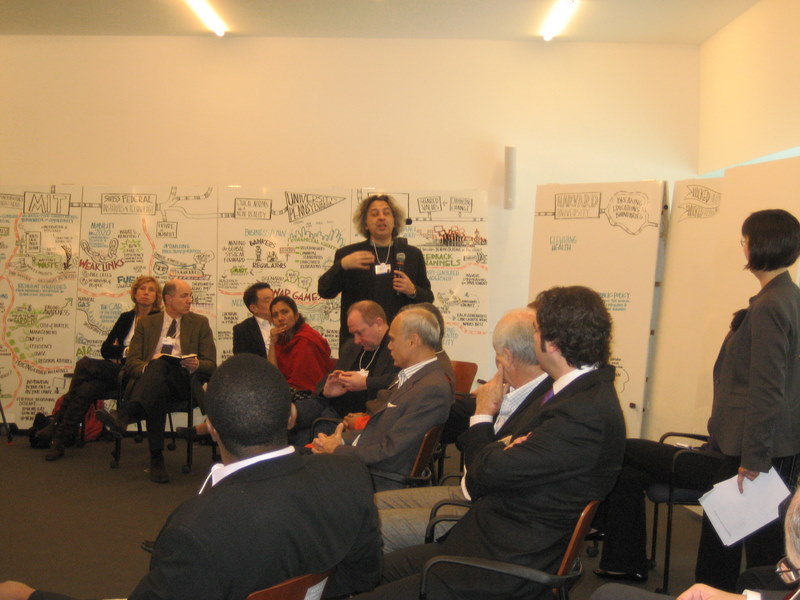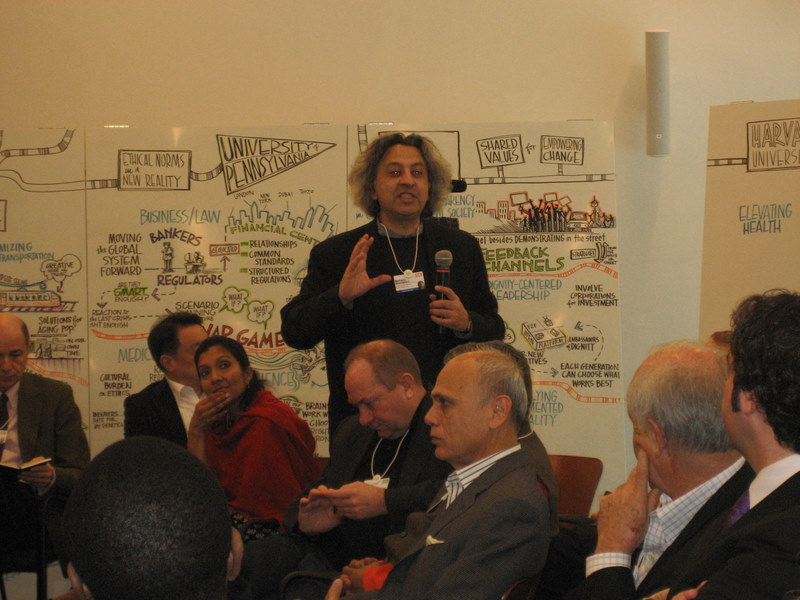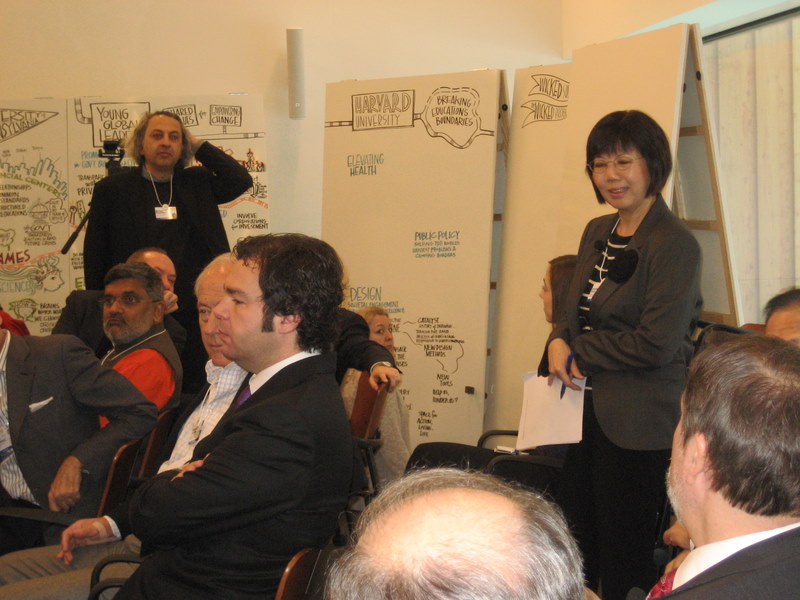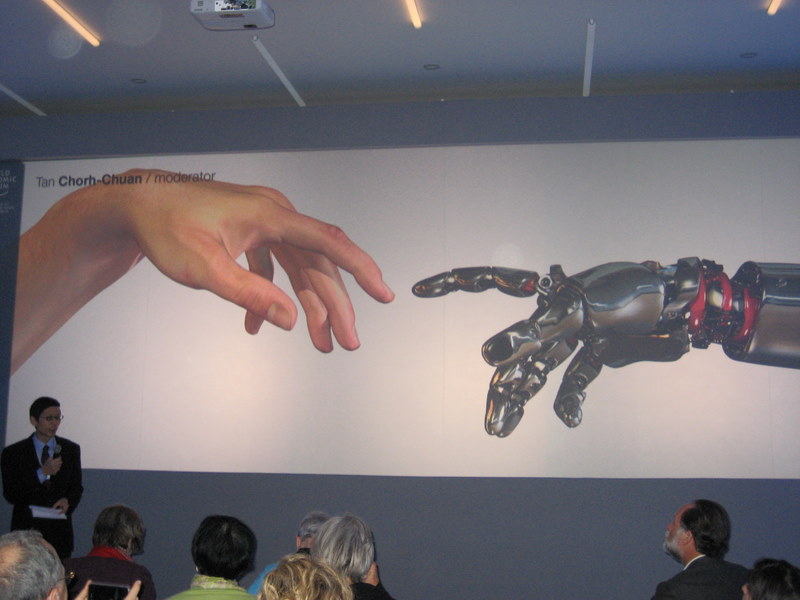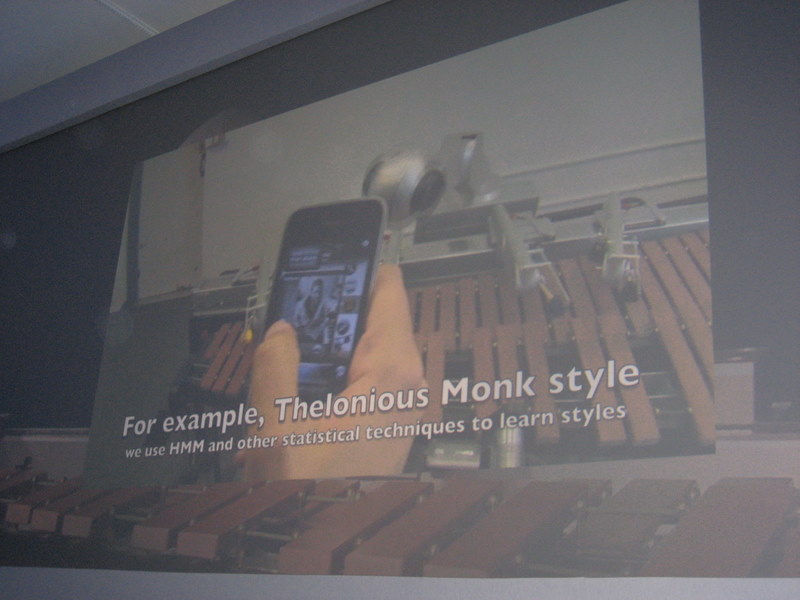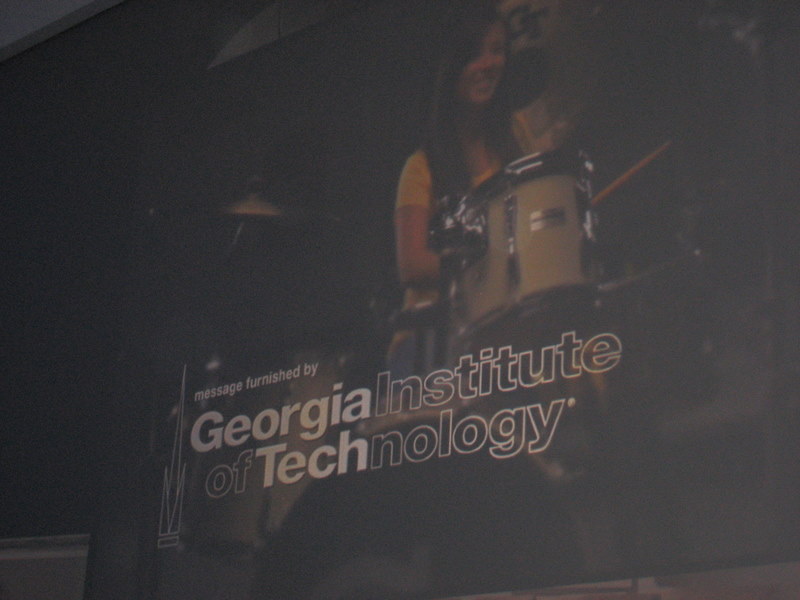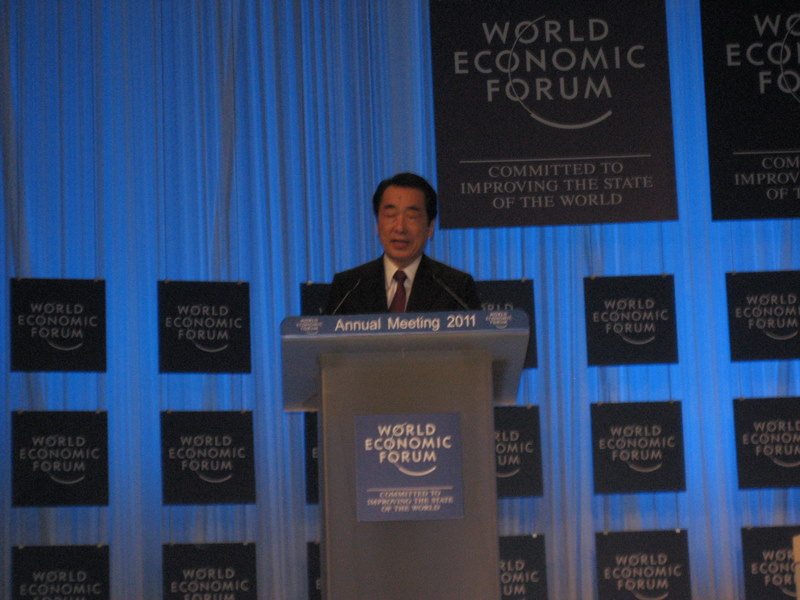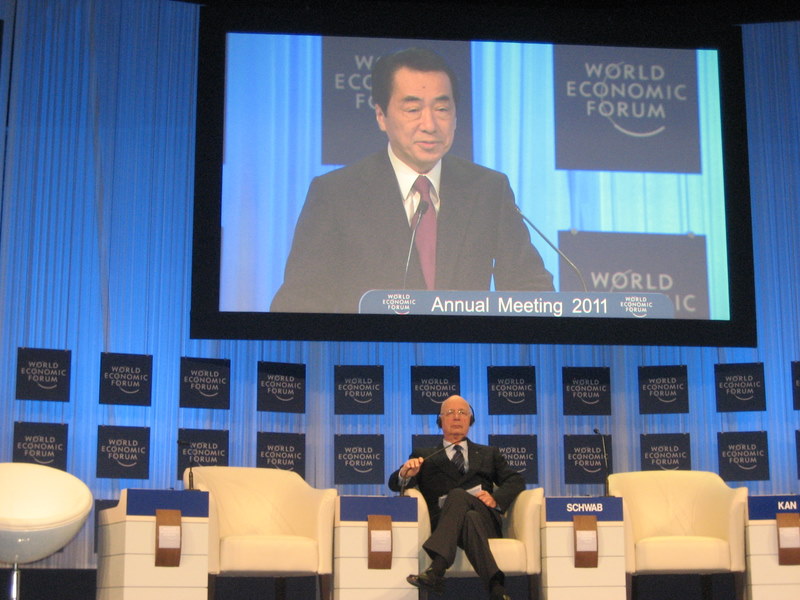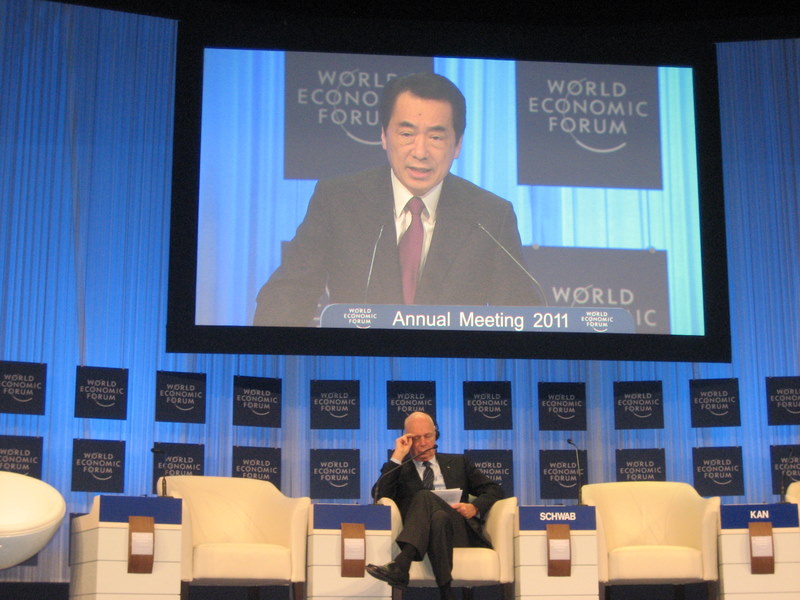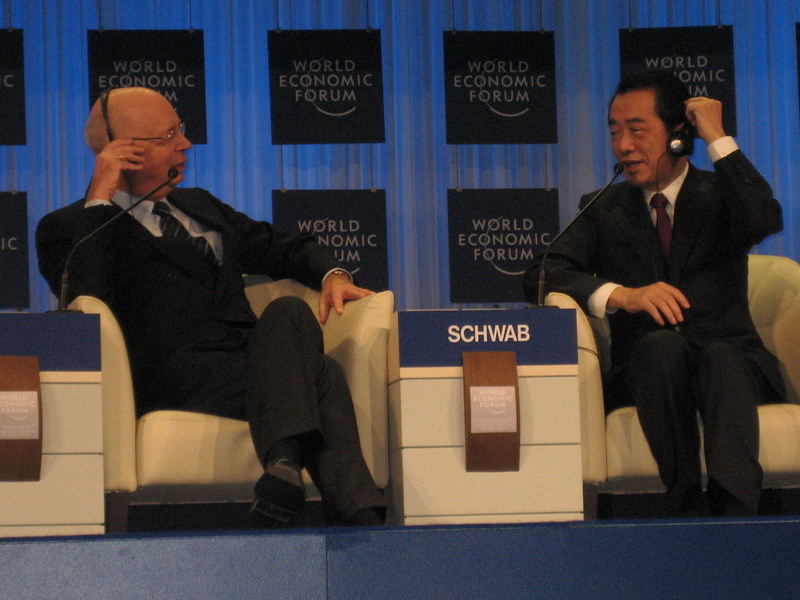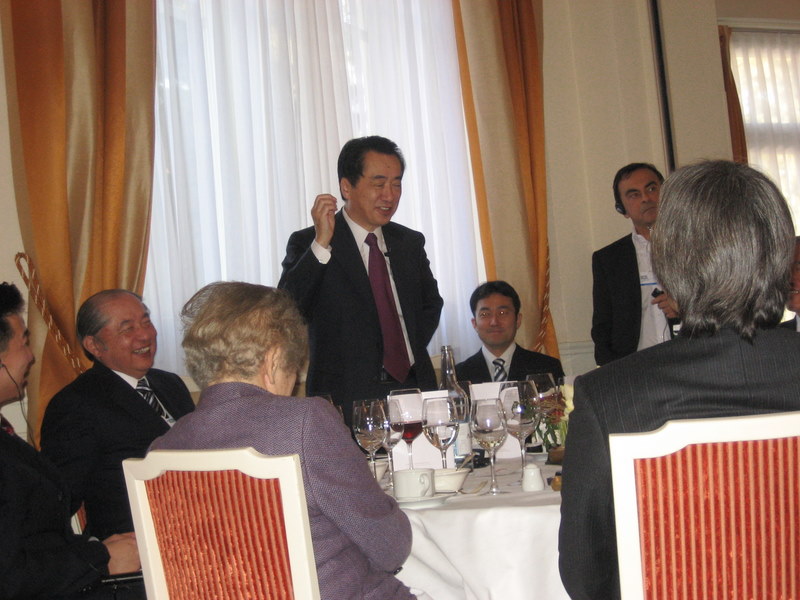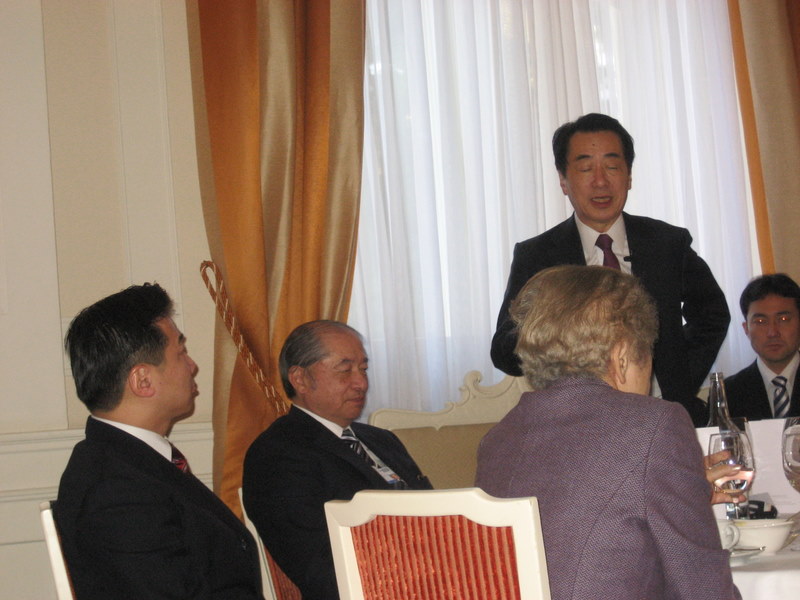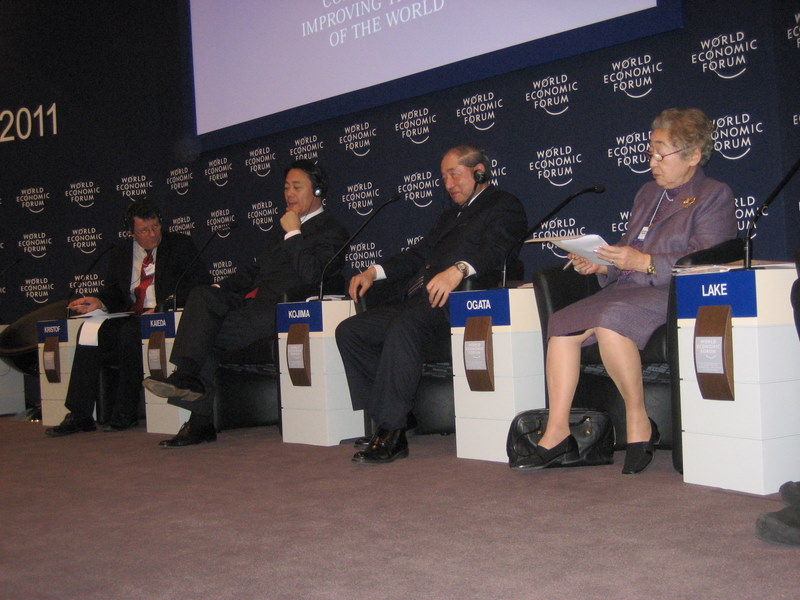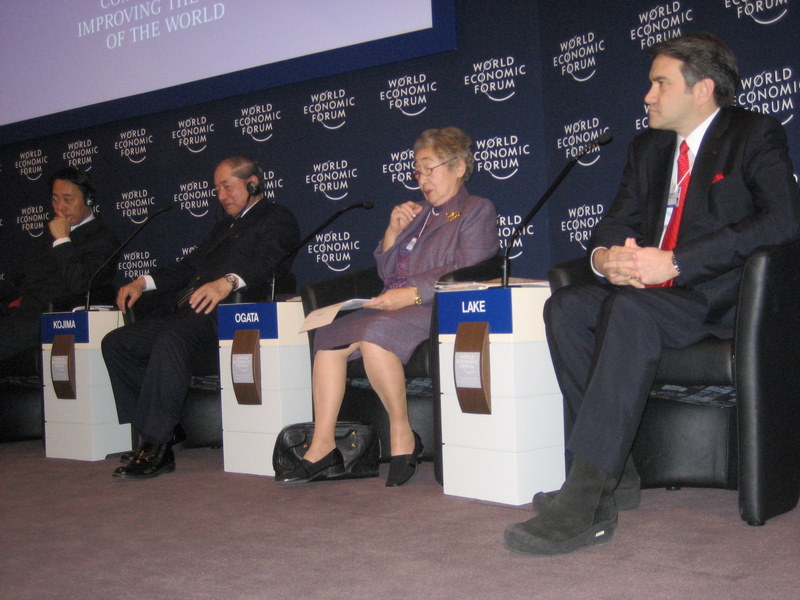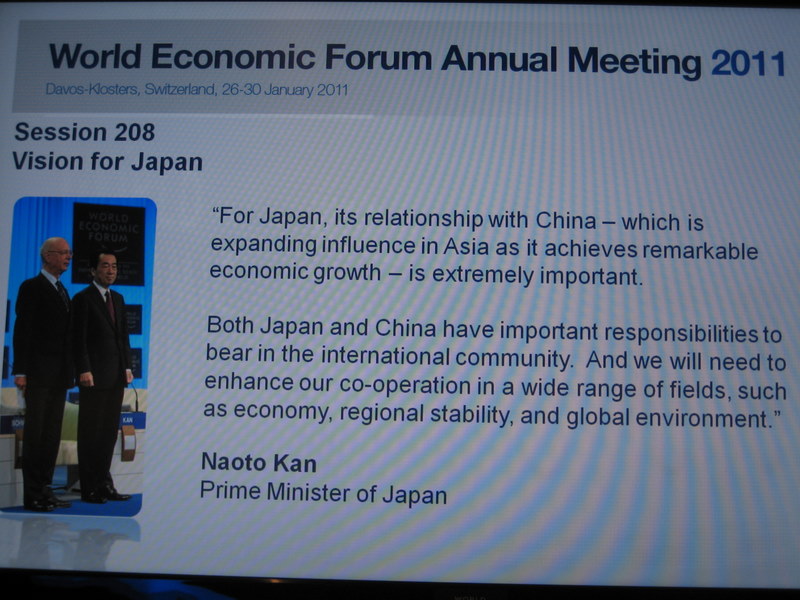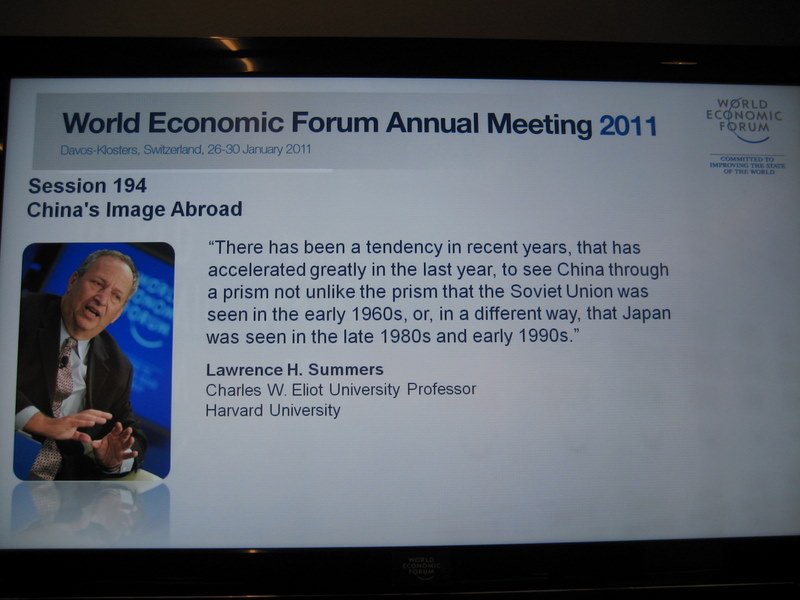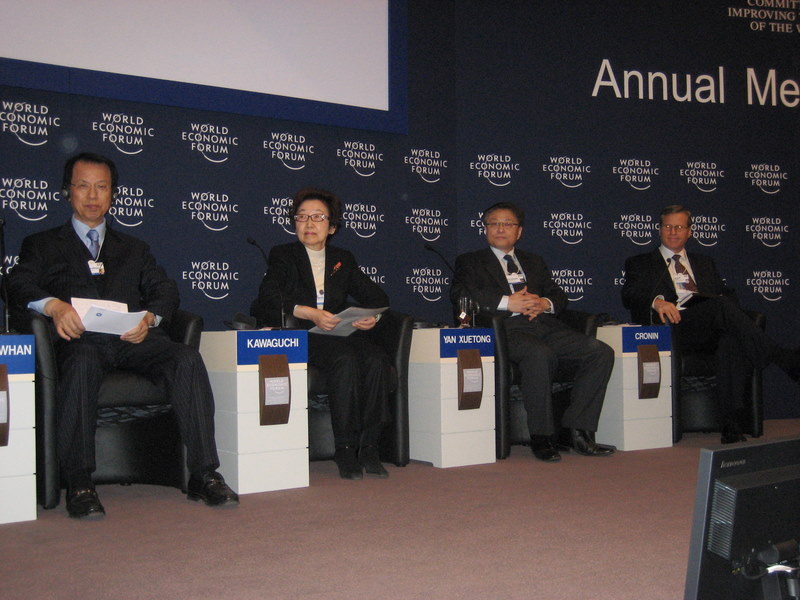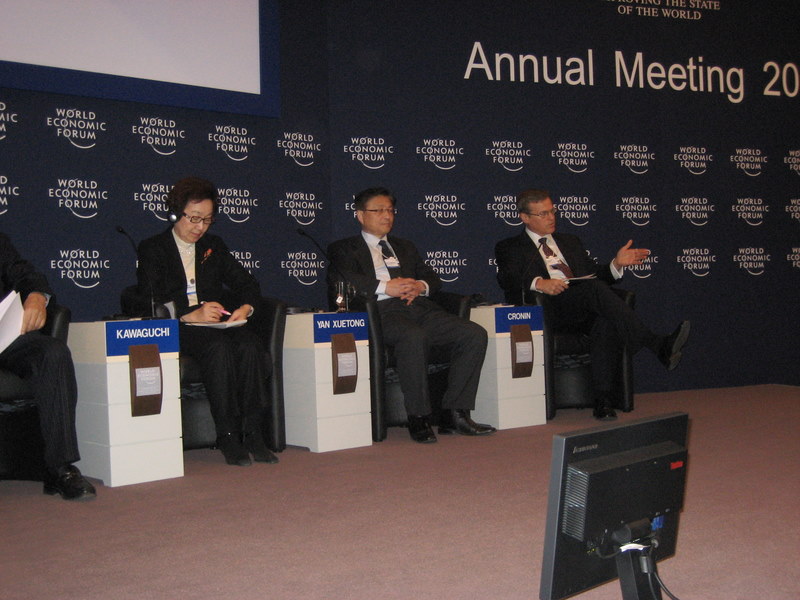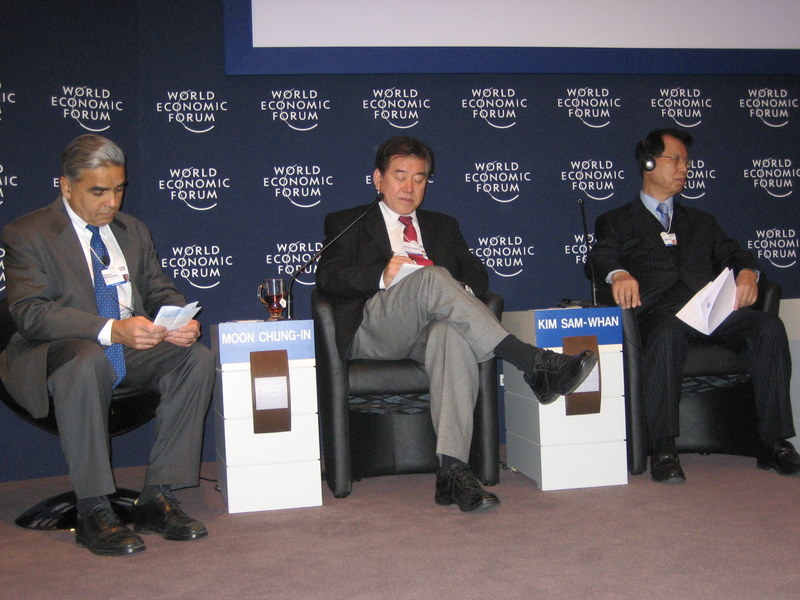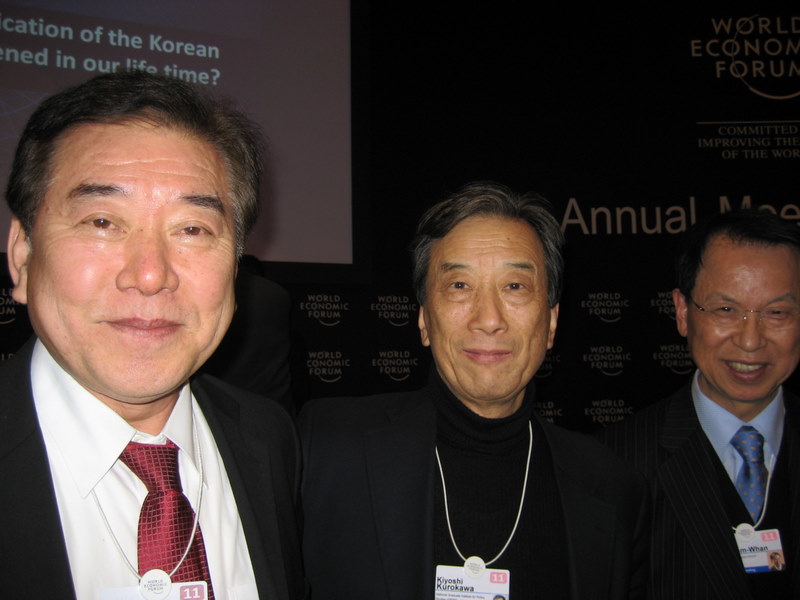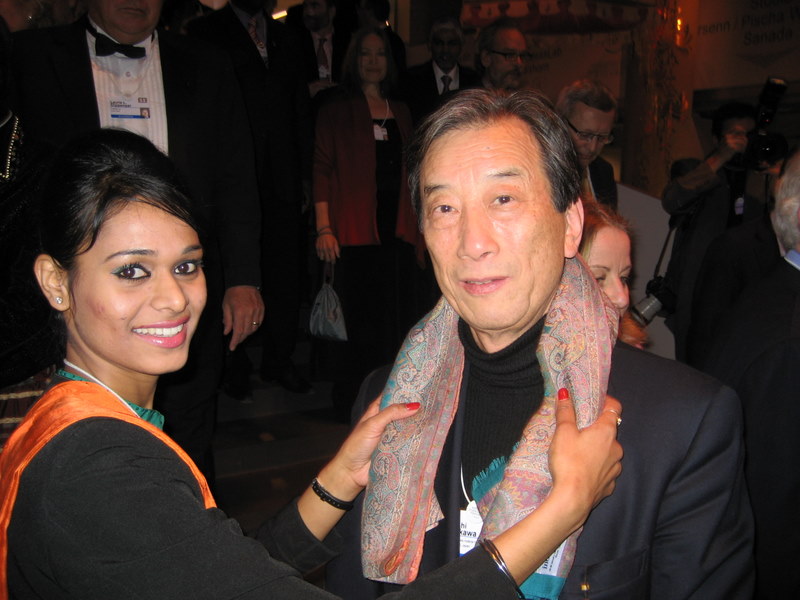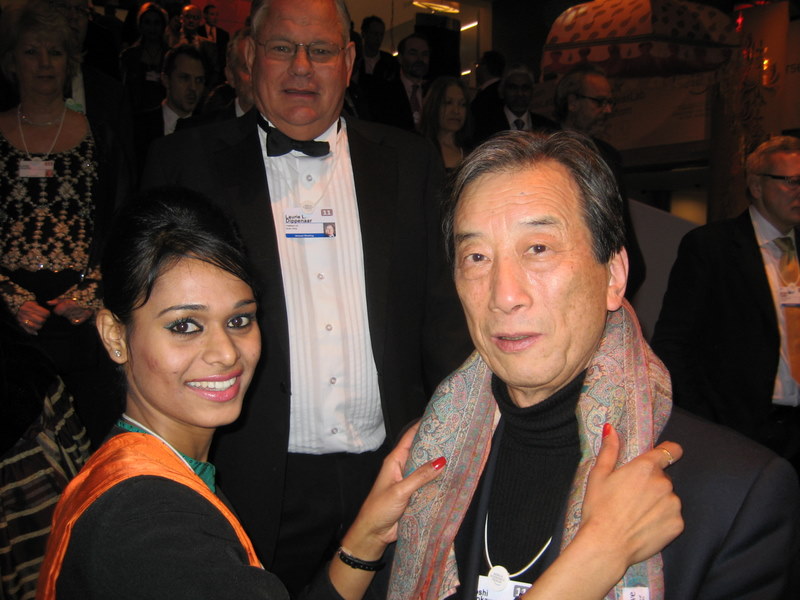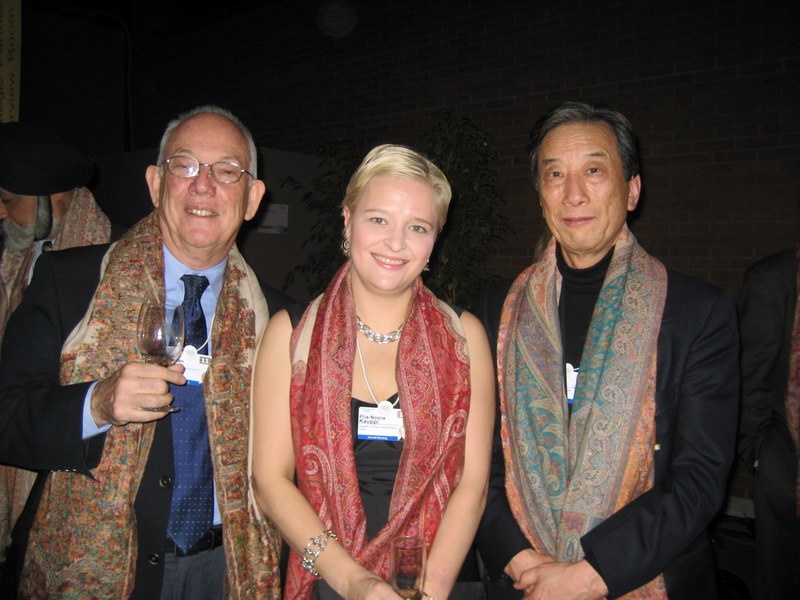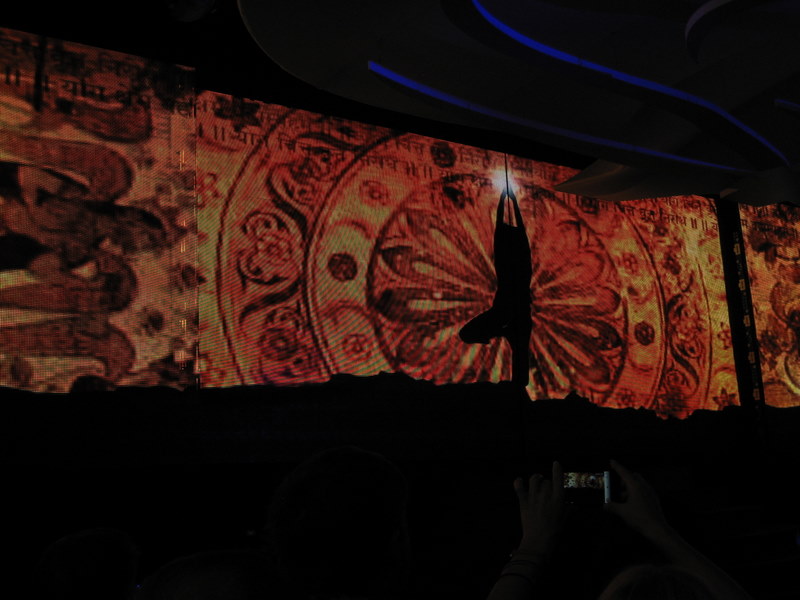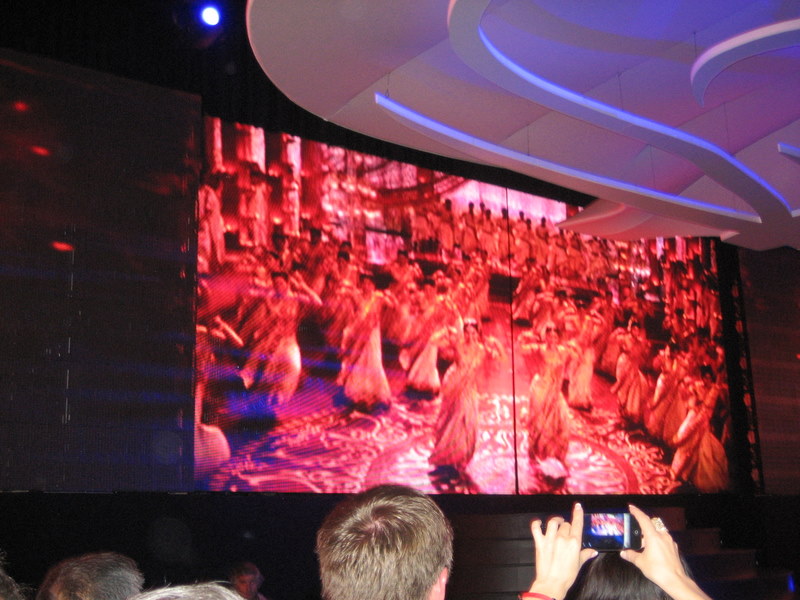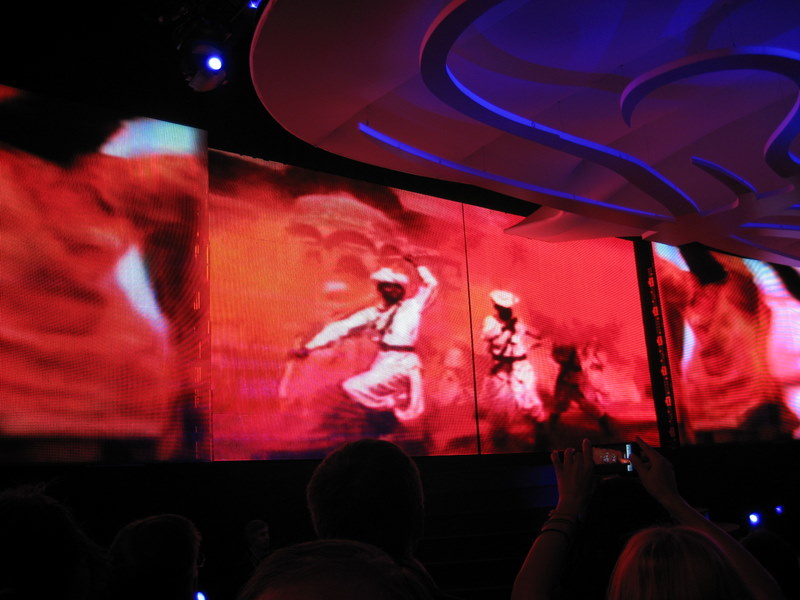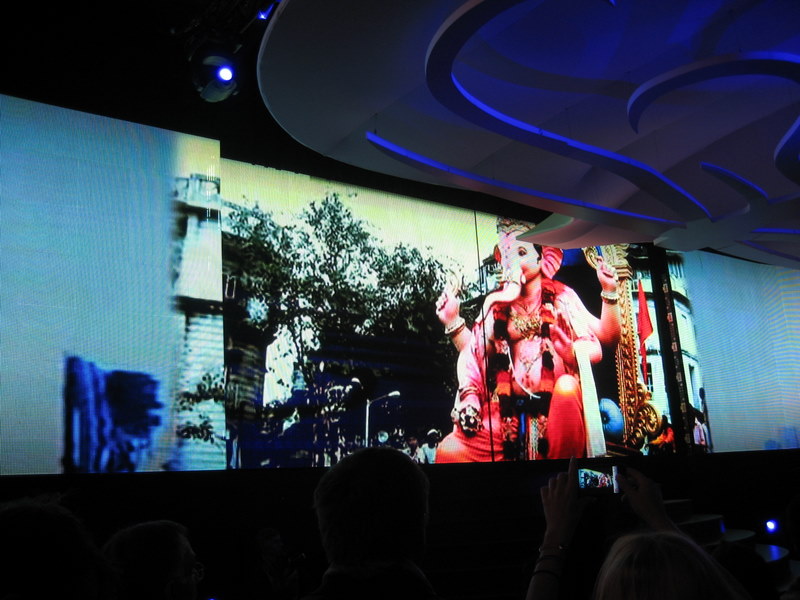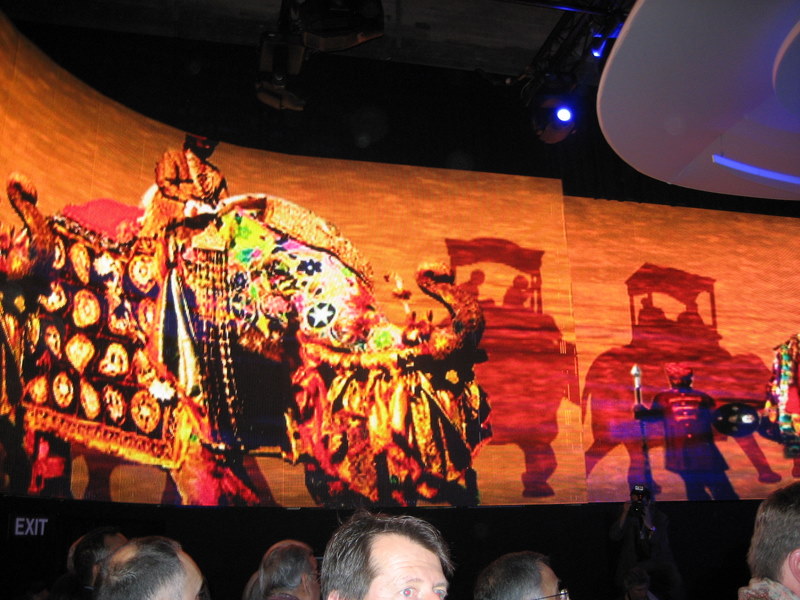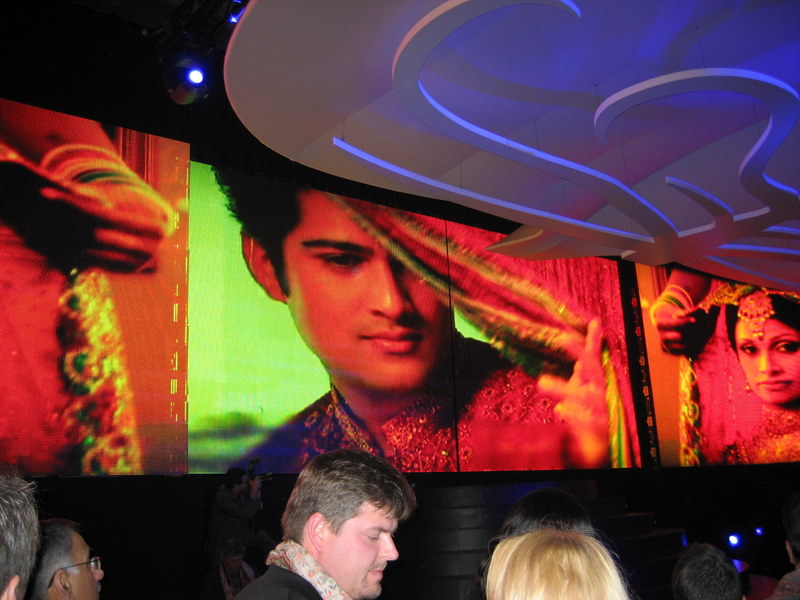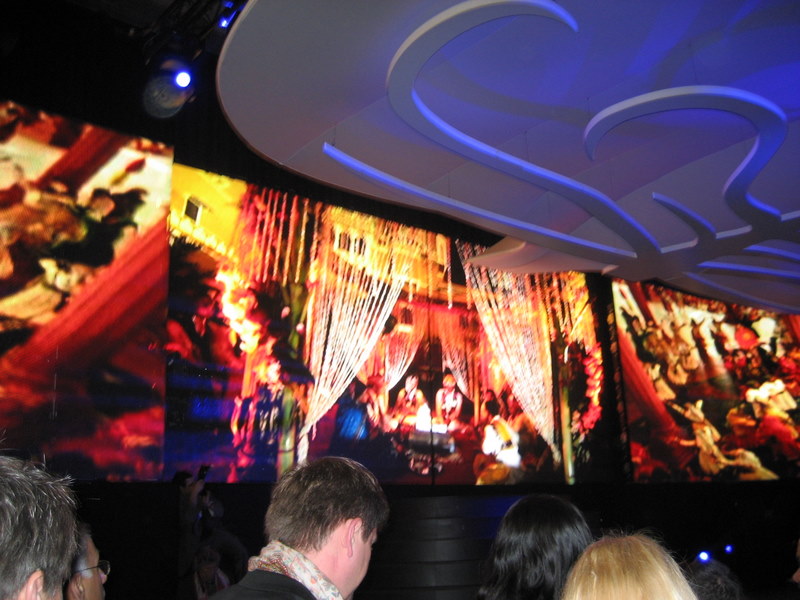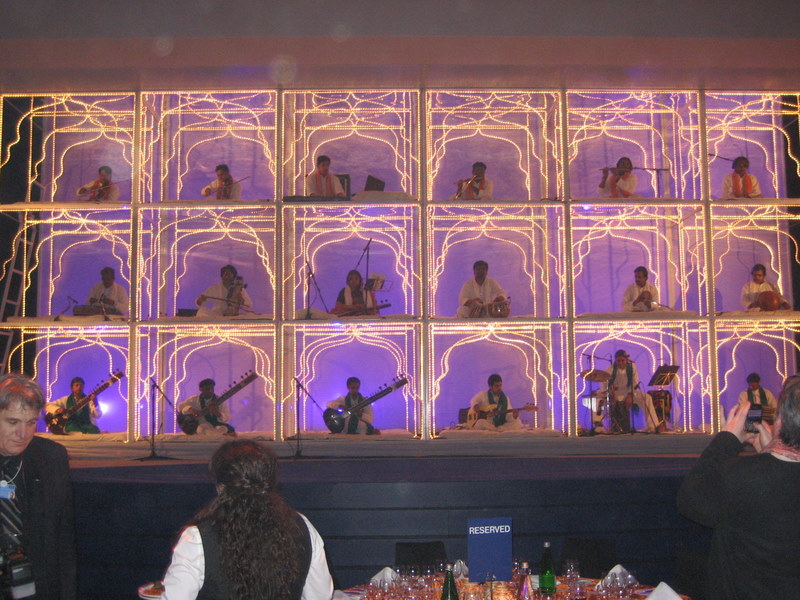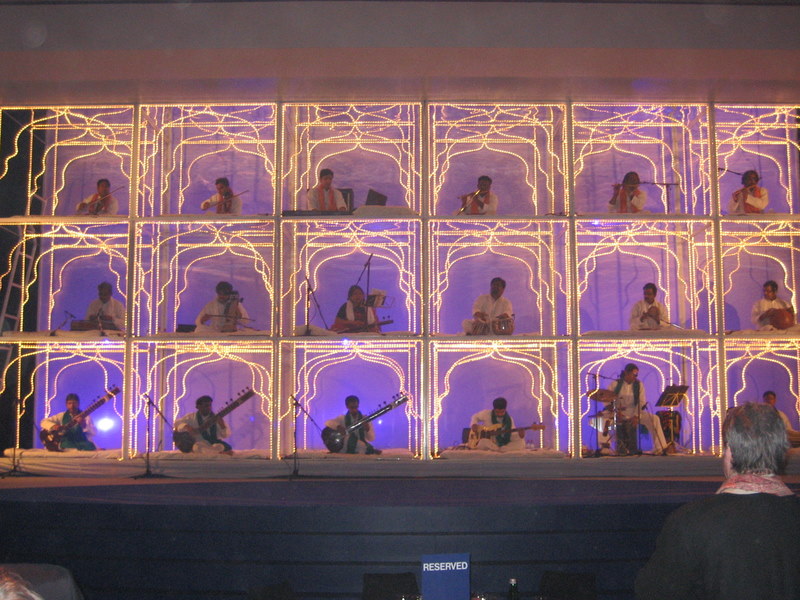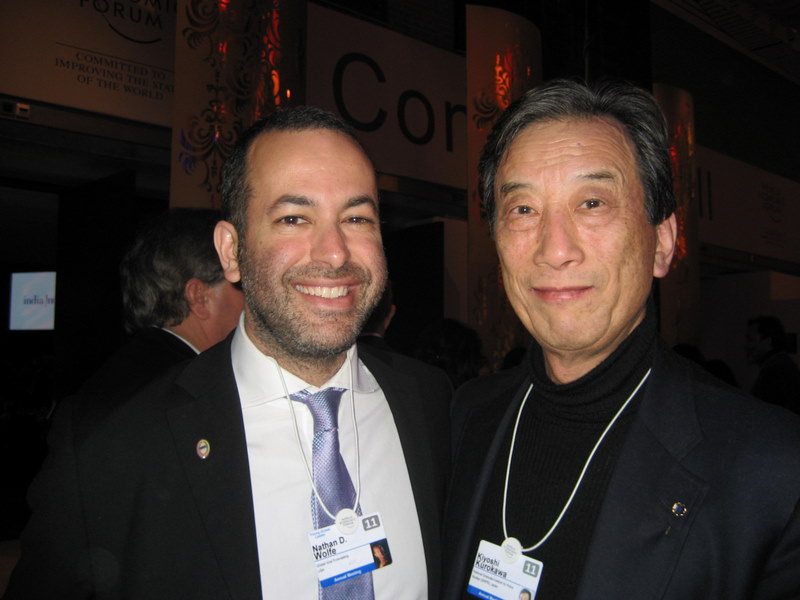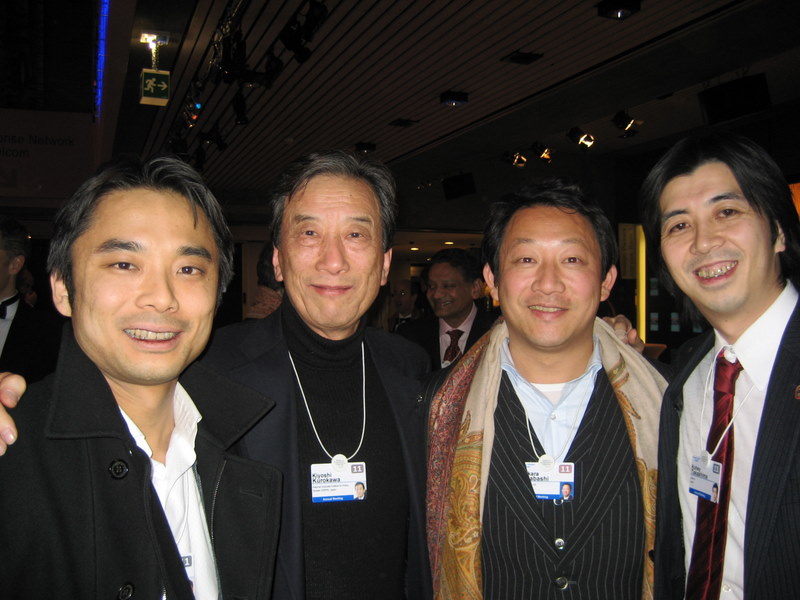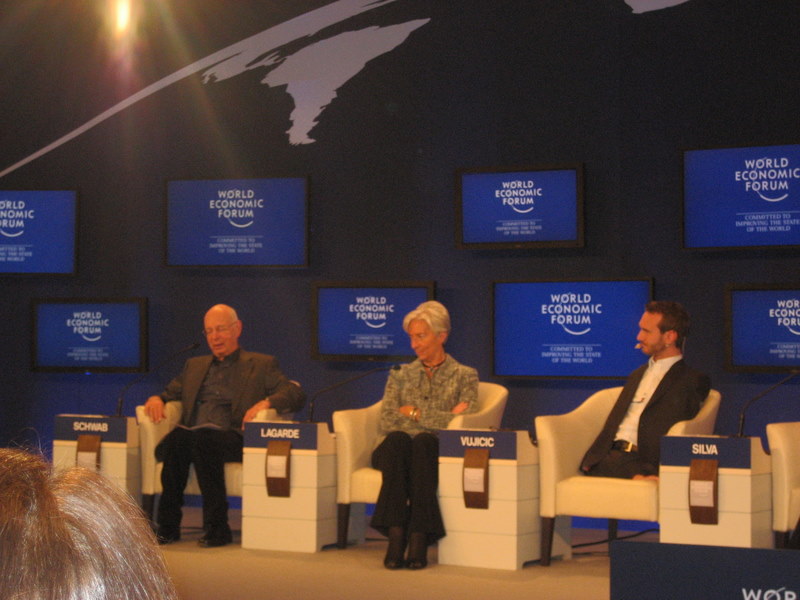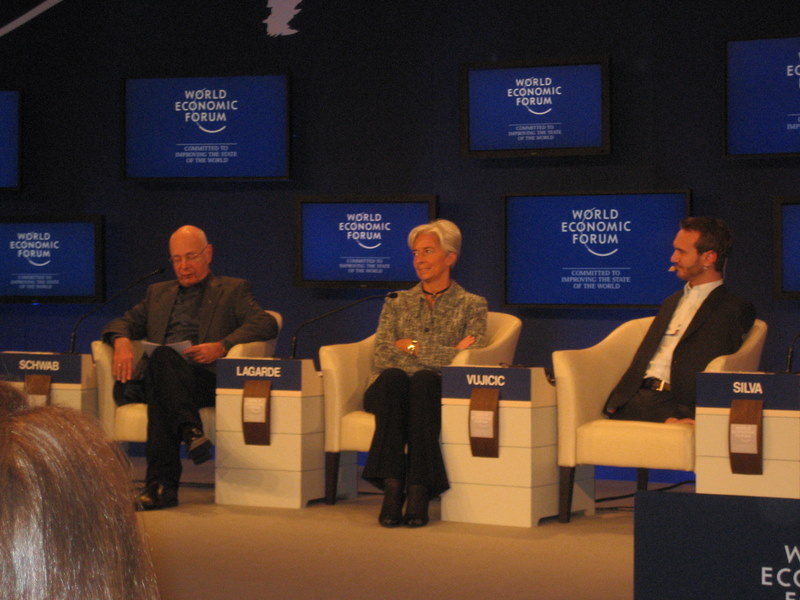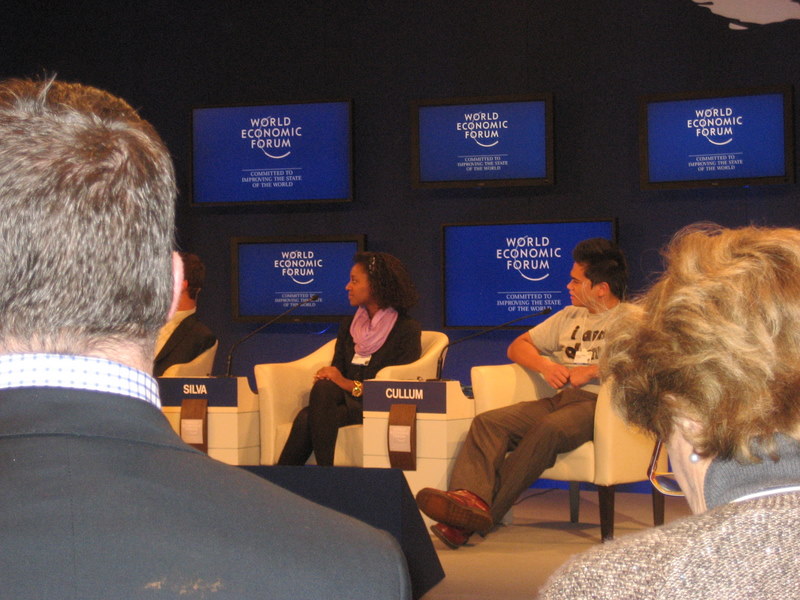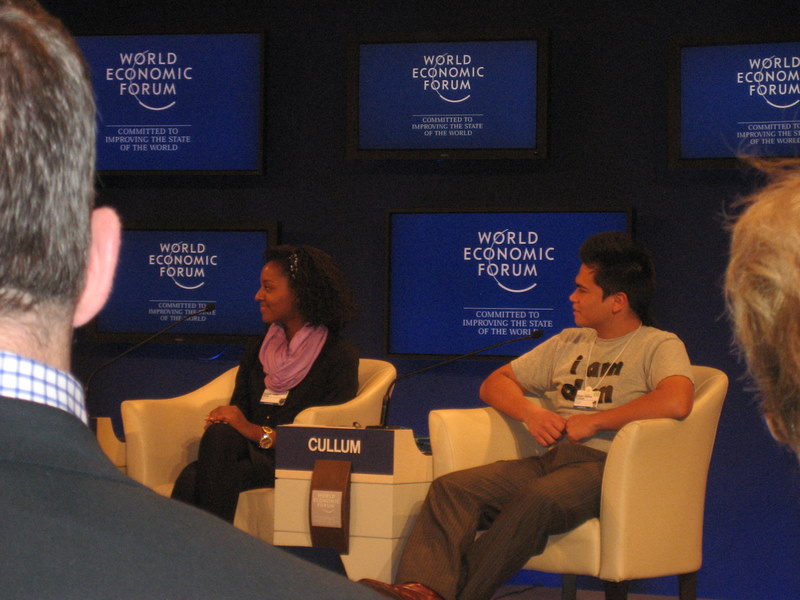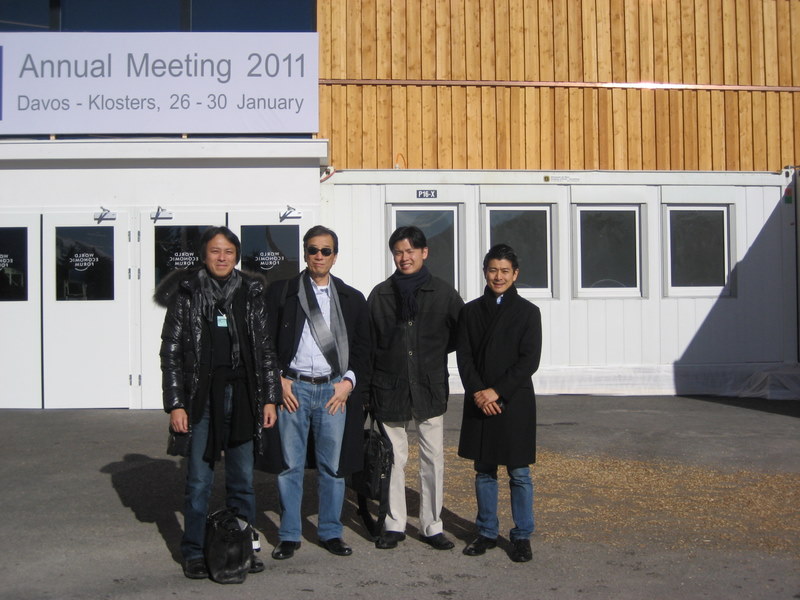The quake and tsunami which hit eastern Japan on March 11th killed tens of thousands of people in a matter of seconds, and destroyed whole towns in an instant. Images show the evidence of the huge destructive power of tsunamis, and the great power of nature. None would need any further explanation to understand this.
However, it is moving to see people there helping each other, doing whatever they can, without complaining, without crying.
On the other hand, however, the manner the authorities are dealing with the nuclear plant crash is hard to understand, not to mention there seems to be missing information missing. Most of us had no choice but to try to gather up bits of information from Mr. Edano, the chief cabinet secretary, TEPCO (Tokyo Electric Power Company), television, or newspapers.
It seems to me that there are many flaws and blunders in the side of risk management. Many problems are due to human factors. On top of that, comments by specialists are obscure as far as what I’ve seen on television.
In this context I would like to introduce to you three U-tube broadcasts below by Kenichi Ohmae. He sent out straightforward and clear comments on this video at very early stages after the quake. Dr. Ohmae is qualified to comment on nuclear power because he is originally a nuclear scientist and had participated in nuclear power plant projects in Japan in the past.
1. March 13th (1, 2, 3, 4, 5)
2. March 19th
3. March 27th (all are in Japanese)
Dr. Ohmae earned his Ph.D. degree at MIT, had worked for Hitachi nuclear power plants participating both in research and on-site jobs, and later was active at McKinsey. Clearly, Dr. Ohmae has superb knowledge of nuclear power, both scientifically and technically. Another impressive thing is that he keeps a very straightforward and frank style when he speaks, and do not worry about hurting the feelings of the authorities. I recommend watching this video to you since this is a reliable, wonderful information source. This is truly a good project.
The huge number of access to this site indicates high attention from the public. In this context it is clear that this hazard is comparable to the tragic situation Japan experienced 65 years ago, after the defeat in the World War II. So, now is the time for us to join together in search for wisdom to overcome this national crisis, and take whatever actions necessary.
It is our duty, for the sake of the diseased victims, to turn this natural disaster into a chance for creating a new Japan. For these 20 years, we have been repeatedly deploring the incapability of Japan to make changes. Creating a new Japan for the new era is the most important task we should undertake for the loved ones we lost.
Thank you, Dr. Ohmae, for your work. Please visit his blog (in Japanese) for more information.
